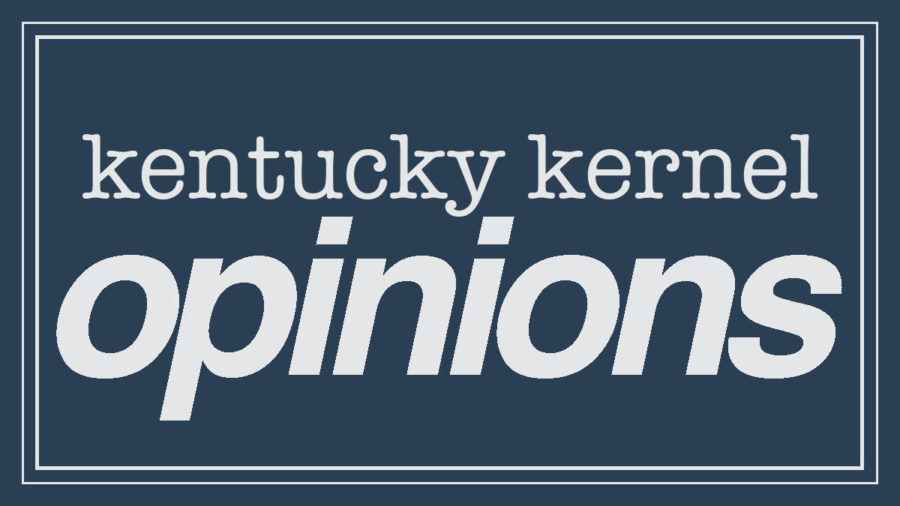COVID-19 shines a light on U.S. healthcare and paid-leave disparities
March 25, 2020
Yesterday, I risked a Target run. As I scanned the aisles, I felt the nags of guilt that have become the norm as we navigate this time of government-mandated social distancing.
Am I being selfish?
Is it morally fine as long as I keep a 6-foot distance?
A woman at the end of my aisle, face mask pulled down around her neck, accosted the sole employee with a demand for hand sanitizer — a common cry of our times. He shook his head and apologized.
Personally, I’ve been given time to adjust to this crazy COVID-19 world, yet it still feels surreal. Among my fellow students, there is anxiety as we look into an increasingly uncertain future, but it’s interspersed with levity as we laugh at wholesome Andy Beshear memes (praising the empathetic, quick response of our governor) and gratefulness for this time of mandatory rest.
Many don’t have this privilege.
According to a 2019 Federal Reserve study, 40 percent of Americans would be unable to come up with $400 to cover an emergency. Low-wage workers often cannot afford to heed the CDC’s call to stay home and social distance or are often forced to take unpaid leave or seek other employment as their businesses shut their doors.
These are not distant people with distant problems. The poverty rate in Kentucky is 18.3 percent, meaning that one in every 5.5 individuals lives under the poverty line in our state.
The U.S. does not have national standards on paid family and sick leave, which is absolutely ridiculous when compared with the rest of the world. According to the WORLD Policy Analysis Center, 94 percent of countries have paid sick leave; that’s not just out of the developed countries, but all of them.
This incentive to remain at work puts these lower-income workers at a greater risk of contracting the coronavirus, and, if they do begin to show symptoms, these are many of the same workers who also cannot afford healthcare insurance or the co-pays so many plans require.
According to a 2019 Census Bureau report, 8.5 percent of the American population (27.5 million people) lacked healthcare insurance in 2018. Currently, testing is free for COVID-19 but the cost of treatment falls to the individual – a huge deterrent to getting tested in the first place, despite testing being the clarion call of the CDC.
COVID-19 is not the cause of these issues in our safety-net systems, but it does bring them to light.
The Families First Coronavirus Response Act passed on March 18. This act provides workers diagnosed with Coronavirus with two weeks of paid-leave, among other family-leave provisions. This bill is a needed emergency response, but many individuals will still fall through the cracks (e.g. it doesn’t apply to private businesses with under 50 employees, or more than 500 employees).
This is a short-term measure that temporarily addresses only the issue at hand, and only for some. Americans will continue to get sick, to have children, or otherwise need time off work for mental and emotional health. We need a system that allows us to be healthy, during a pandemic and otherwise.
Working within our current framework, Kentucky’s response has been laudable. From boxed lunches at bus stops to the dulcet tones of our governor at 5 p.m. daily, I am proud of the steps we’re taking. However, I also dream of a commonwealth where greater financial security, which has cascading positive effects on health and emotional security, is available for all. It’s possible – just look to the 173 countries who were so much better prepared due to their pre-existing universal healthcare and paid-leave systems.
When COVID-19 is no longer a threat, we shouldn’t forget what it was like to live with this insecurity and fear for our futures that so many lower-income Kentuckians experience daily. I hope that through this crisis our collective empathy grows, and that it will be reflected not only in our interactions individual to individual, but in our support for policies and leadership down the road that create a more secure, fair, and sustainably healthy society.


























































































































































